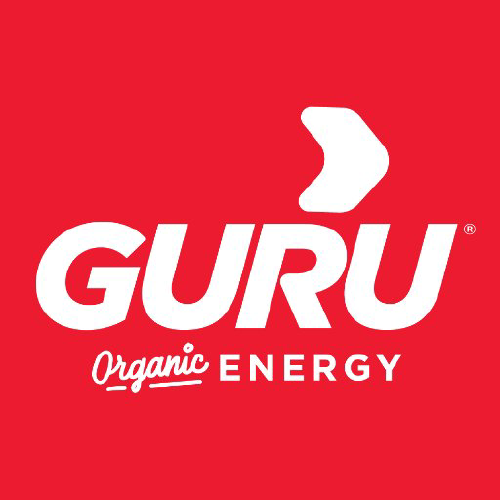Net Revenue: $6.5 million, reflecting transition impacts in Canada and absence of last year’s US Costco rotation.
Gross Margin: 59.7%, the highest in recent history, driven by pricing discipline and supply chain efficiencies.
Net Loss: Improved 46.5% to $1.4 million.
Adjusted EBITDA Loss: Improved 55% to $1.2 million.
Cash Position: $25.3 million with no debt, plus $10 million in unused credit facilities.
US Sales Growth: 38.9% increase, excluding last year’s wholesale club rotations.
Amazon US Sales Growth: 50% year-to-date growth with a new monthly sales high in March.
Amazon Canada Sales Growth: 41% growth.
SG&A Expenses: Dropped 26.2%, showing cost discipline.
Release Date: June 12, 2025
For the complete transcript of the earnings call, please refer to the full earnings call transcript.
GURU Organic Energy Corp (GUROF) transitioned back to a direct distribution model in Canada, allowing for more control and agility in operations.
The company reported a 38.9% increase in US sales, excluding last year’s wholesale club rotations, indicating strong growth in the market.
Amazon US sales hit a new monthly high in March with a 50% growth year-to-date, showing strong online performance.
Gross margins reached a recent record of 59.7%, driven by pricing discipline and supply chain efficiencies.
The company’s cash position remains strong with $25.3 million and no debt, providing financial stability and flexibility for future investments.
Net revenue was impacted by the planned transition away from the Canadian distributor, leading to temporary product availability issues.
Retail shipments in Canada were down 24% due to order and shipment shortfalls before the transition to the direct distribution model.
The company experienced a net loss of $1.4 million, although it was nearly cut in half compared to previous periods.
There were significant shipment shortfalls in April, with shipments down 45% compared to the previous year.
The absence of last year’s US Costco rotation impacted net revenue, highlighting reliance on certain distribution channels.
Q: Can you explain the discrepancy between scan data and shipment decline? Was this due to the transition, and would you have had to take back products if they were shipped to Pepsi and not sold? A: Carl Goyette, CEO: The decline is not related to inventory buyback as the distribution agreement was still active during Q2. The decline in scan data was due to retail stock shortages and fewer promotions by our distributor. Online sales in Canada increased by 20%, but retail shipments were down 24%, especially in April. This is expected to be temporary as we have transitioned to a new distribution model with 25 distributors and 120 sales reps ready to push sales.
Read More: Record Gross Margins and …



